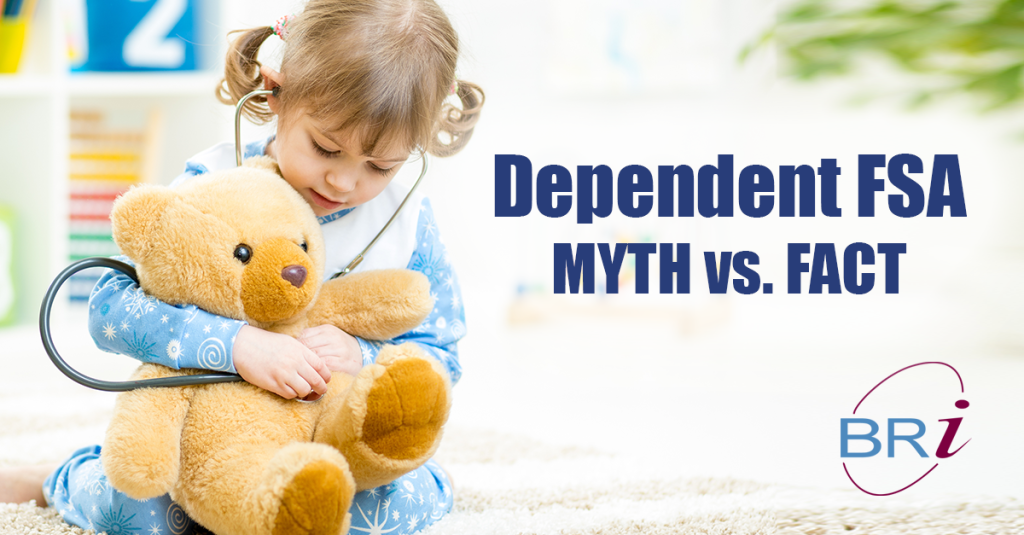Flexible Spending Accounts are one of the most popular tax-advantaged accounts employees choose during open enrollment. One of the main draws of these accounts is the broad range of products and services they can be used to pay for.
First, you might list all the medical items and procedures you can pay with an FSA. Second, you itemize any qualified dental expenses (including braces and other orthodontic procedures). Third, you determine the eligible eye care expenses, like exams and glasses that can be paid from an FSA. For many people, that is where their understanding of an FSA stops. Little do they know that they are only considering a Medical FSA. There is another (lesser known) FSA that pays for an entirely different set of expenses.
What is a Dependent FSA (or Dependent Care FSA)?
Based on its name, employees sometimes assume that a Dependent FSA is used to pay for medical, dental and vision expenses for dependents. However, no such account exists. In fact, there is no such thing as a Dependent FSA. However, there is an account called a Dependent Care FSA. It is used to pay for child care (like day care or nursery school) or, in some cases, adult in-home care if the person is a dependent and is incapable of self-care.
Dependent FSA: Myth #1
Myth: A Dependent Care FSA is a Medical FSA for your children.
Fact: A Dependent Care FSA is used to pay for childcare expenses like daycare (or adult dependent care). Your Medical FSA election can be used for expenses for both you and your dependents. You do not need to (nor can you) make a separate Medical FSA election for your dependents.
In our article, “Compare: Medical FSA and Dependent Care FSA” we explore the main differences between these two accounts, including: which expenses each account covers, common FAQs about each account and how the accounts can work side by side
Dependent FSA: Myth #2
Myth: My Dependent Care FSA elecion will be available IN FULL on the first day of the plan year.
Fact: A Dependent Care FSA is a cash balance account. This means that funds are available as they are deposited from payroll. This is different from a Medical FSA where your full election in available on the first day of the plan year.
Dependent FSA: Myth #3
Myth: If my employer offers an “FSA Rollover”, I can carry any remaining Dependent Care FSA dollars into the next year.
Fact: “FSA Rollover” rules only apply to a Medical FSA. Generally, funds in a Dependent Care FSA must be incurred within the plan year and submitted within the runout period. Your runout period will be listed on your Plan Highlights.
Leveraging a Dependent Care FSA
Are you using a Dependent Care FSA in the right way? Find out in our article. Do you know if you should use the Dependent Care FSA or the dependent care tax credit? This blog post gives you the information on how to make the right decision for your family.



